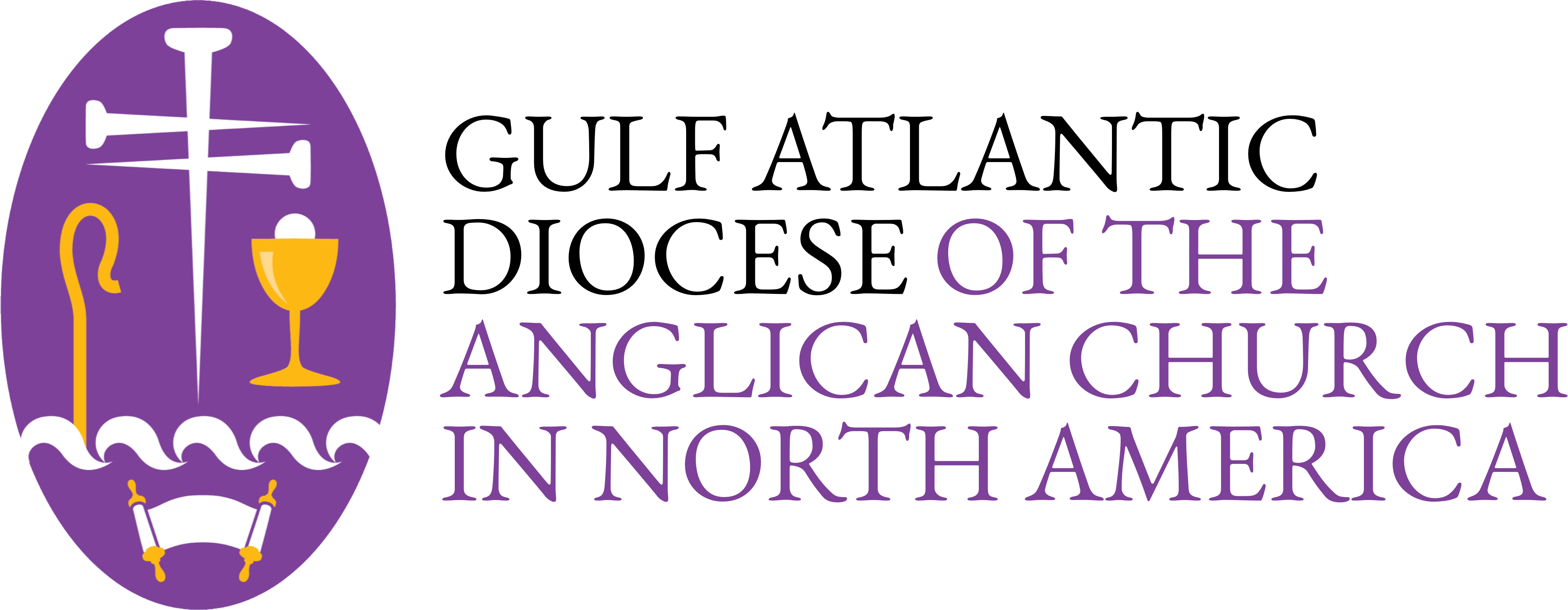
Most of our delegation was able to breakfast together before joining morning worship, which was based on a traditional Morning Prayer service. The Very Rev. Paul Donison passionately presented Colossians 1:1-25 from memory and then Bishop Jay Behan, who leads the Church of Confessing Anglicans in New Zealand, preached on the same passage. “Above anything and everything else we are those who believe the gospel that Jesus is Lord,” he said, decrying those who, like the Colossians, would view Jesus as a mere starting place to whom something more must be added. Following this teaching, we were led in prayers of repentance; although GAFCON as a movement calls to repentance institutions who reject the authority of the Scriptures, we must never lose sight of the fact we ourselves are sinners in need of mercy and revival.
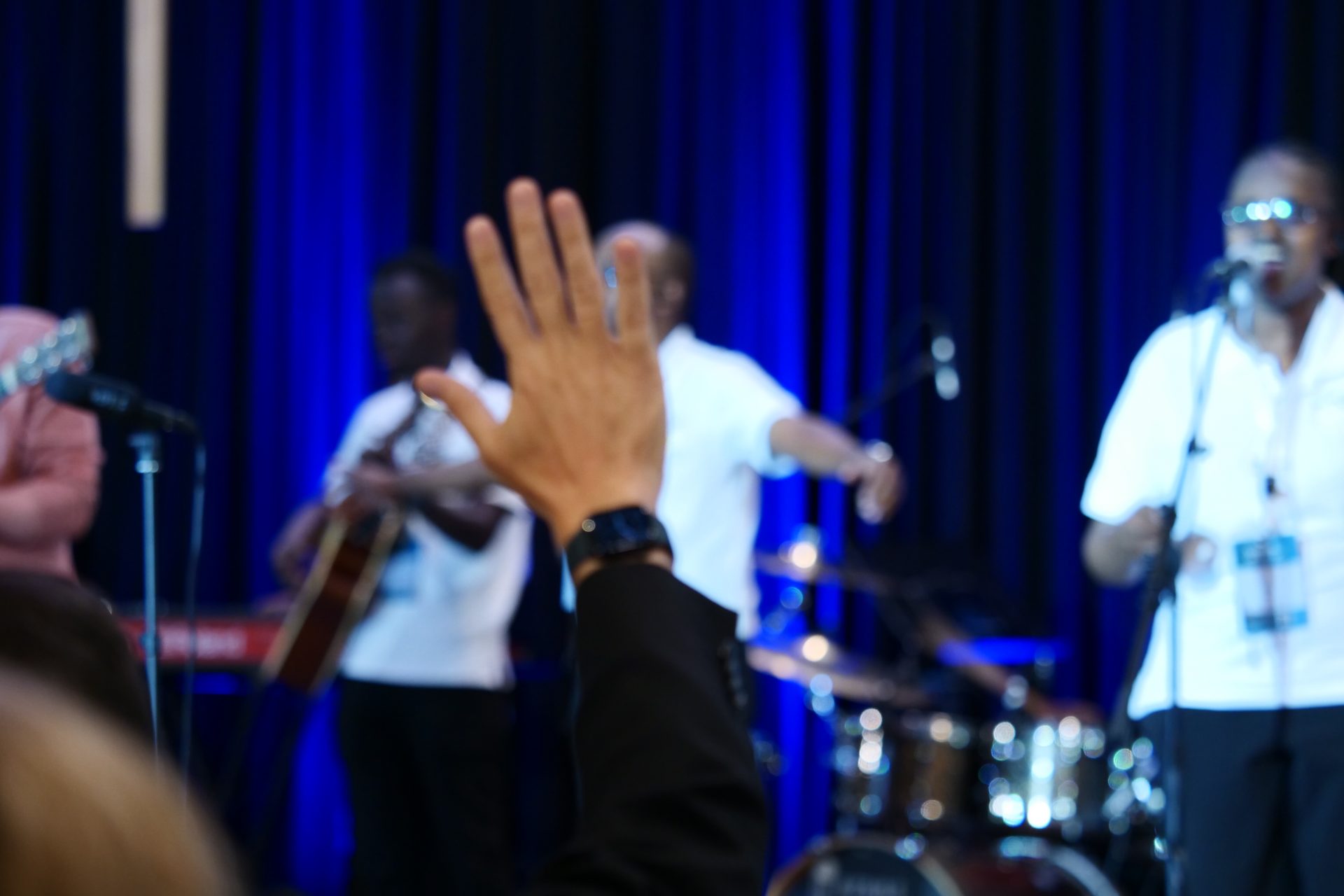
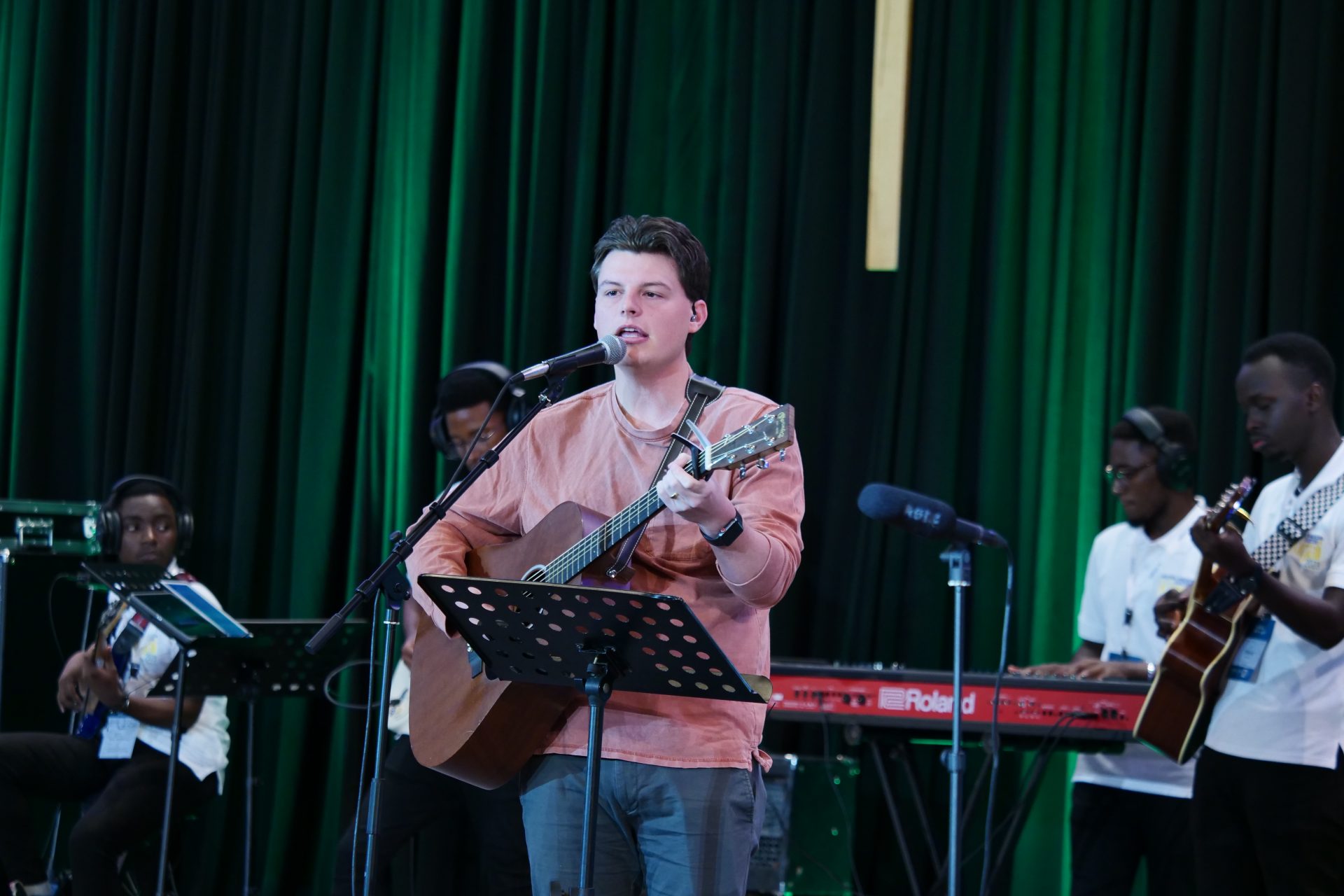
The morning plenary session was presented by the Most Rev. Jackson Ole Sapit (Bishop of Kericho and Primate of Kenya), the Most Rev. Dr. Glenn Davies (Bishop of the Diocese of the Southern Cross and retired Archbishop of Sydney), the Rev. Dr. Stephen Noll (Professor Emeritus of Biblical Studies at Trinity School for Ministry and retired Vice Chancellor of Uganda Christian University), and the Rt. Rev. Keith Sinclair (retired Bishop of Birkenhead and National Director of the Church of England Evangelical Council). They explained the historical arc that brought about the first GAFCON conference in Jerusalem in 2008, what that Jerusalem Statement and Declaration actually say, and what has transpired within the Anglican Communion since.
In that session, the Dr. Noll reiterated that GAFCON has not sought to leave the Anglican Communion, but participants do want to see action of some kind taken. Bishop Sinclair noted the tremendous grief at the division that exists because of steps taken by provinces and dioceses who reject the plain teaching of the Bible as well as the failures of the Instruments of Unity within the Anglican Communion to hold them accountable.
Archbishop Sapit stated the importance of clear choices and clear decisions in moving forward. He called attention to the way that historically the Instruments of the Anglican Communion have revolved around one person (the Archbishop of Canterbury) and posed a question. “Is it about time that the Anglican Communion make a decision and a choice to discern the way forward when the head, and that center, is no longer holding?”
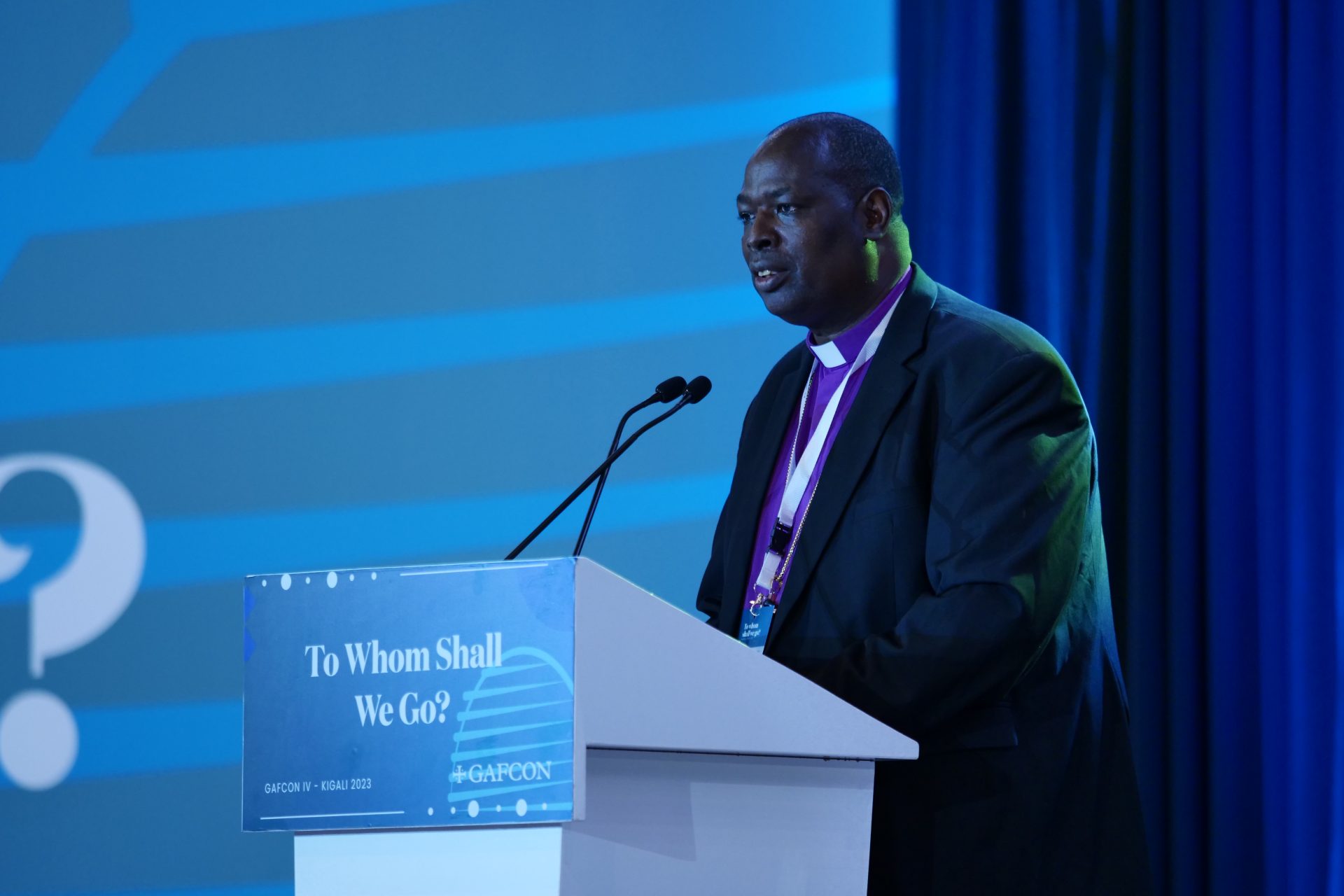
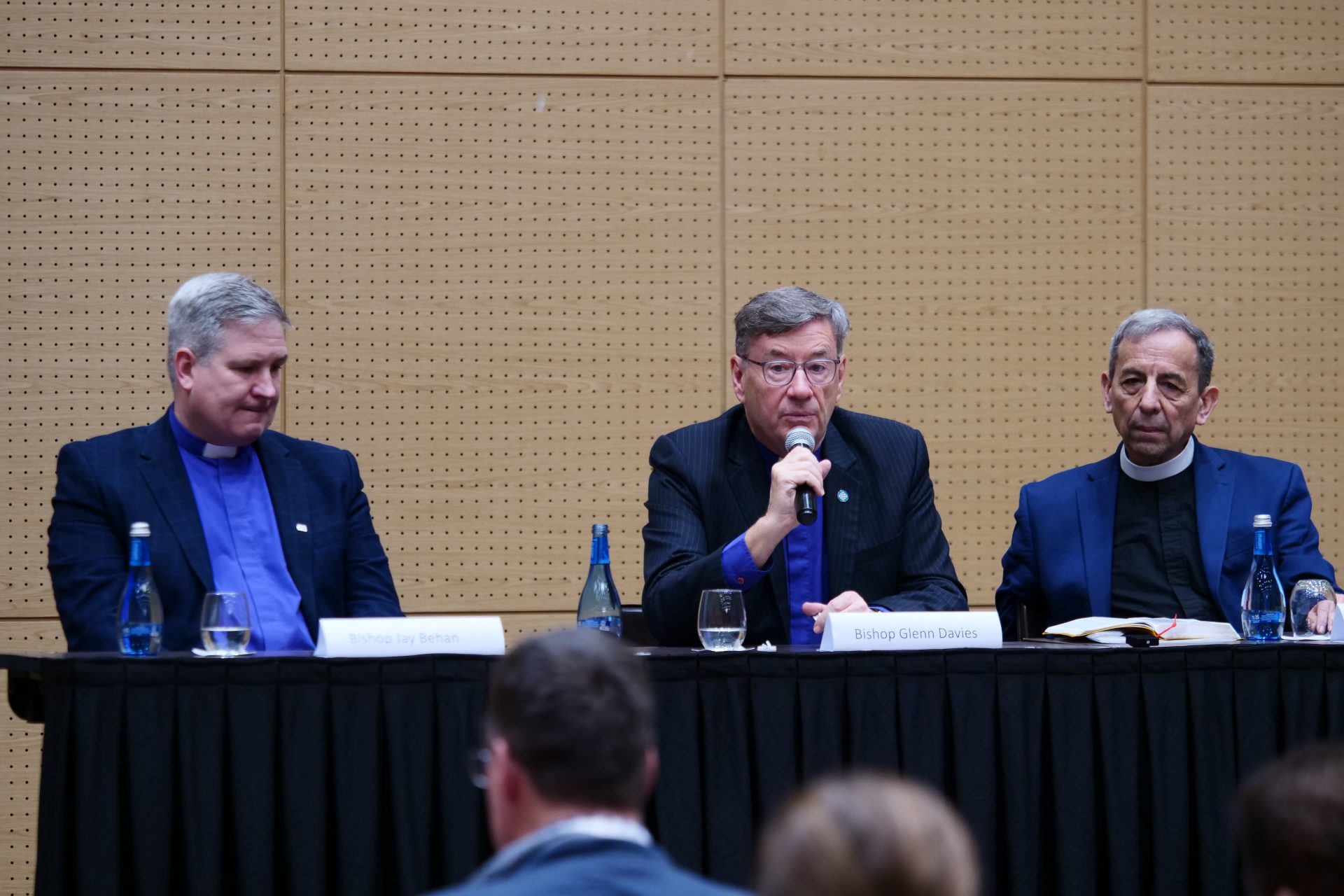
Clarity on the Role of GAFCON
As delegates discuss the challenges the Anglican Communion faces as well as our hopes for its future, a few things are clear. Many delegates want to be sure that we focus on the gospel and biblical truth, rather than our opposition to choices made by liberal jurisdictions. Issues concerning marriage and sexuality that are frequently discussed are simply revealing deeper fundamental issues, and GAFCON continues to call to repentance those provinces and dioceses who have rejected the authority of the Scriptures.
In a Press Conference following the morning session, Archbishop Davies explained the more constructive aspect of what GAFCON does, stating “GAFCON supports faithful ministry wherever it is found.” It does not call faithful individuals or churches out of structures that have wandered from the truth, or ask anyone to betray their own conscience. Rather, he said, it provides “a lifeboat for those who do come out.” Others may feel called to take a stand from within.
Meetings continue, including during this Conference, between GAFCON leaders and leaders from the Global South Fellowship of Anglican Churches—a subset of Anglican provinces in the Global South who maintain formal (though strained) ties with the Archbishop of Canterbury. They continue to work out the best ways to be working together. The expectation here is that, over time, we will see more clearly the distinct role each should play. Despite Archbishop Sapit’s question, no specific proposal has yet been made as far as alternative Instruments of Unity or new structures defining the Anglican Communion.
Additional Photo Credits
Archbishop Jackson Ole Sapit • Samuel Horowitz (GAD)
P1011161 • Samuel Horowitz (GAD)
